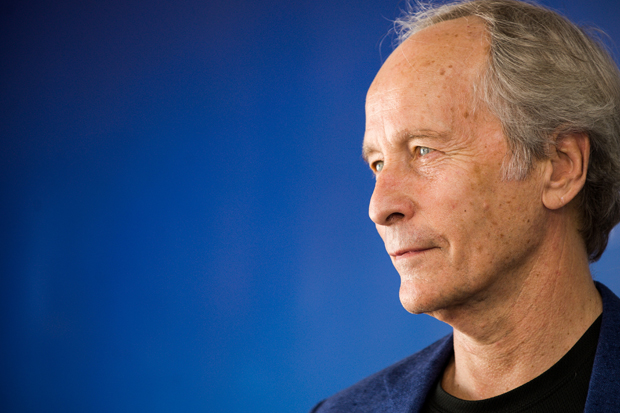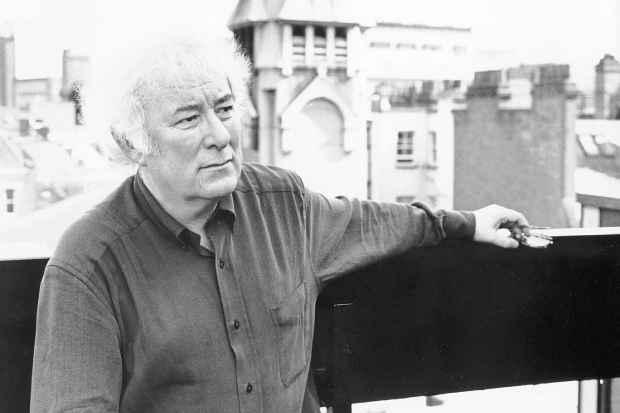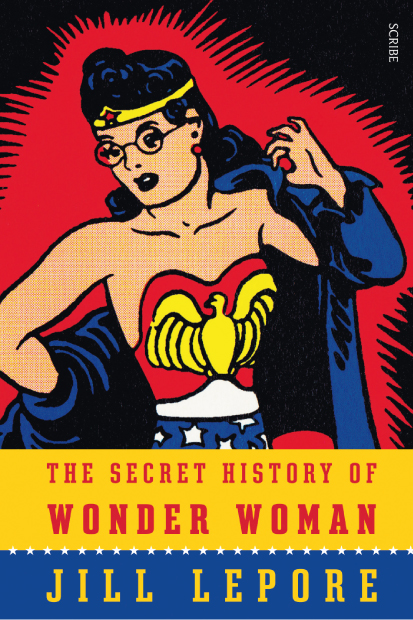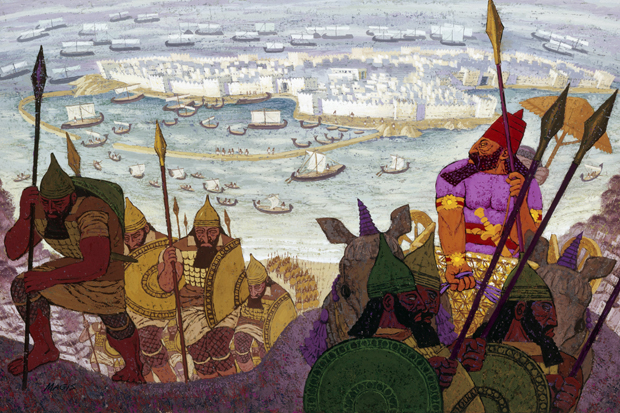The story of Frank Bascombe, a sports-writer turned estate agent but always a New Jersey homebody, has already taken Richard Ford nearly 30 years and three volumes to tell, totalling 1,300 pages — longer than War and Peace. But for Frank, aged 68 (and for Ford, aged 70), it’s not over. In the autumn of 2012, Hurricane Sandy ravaged the New Jersey shoreline. And though Bascombe is retired from real estate and living safely inland in Haddam (the town where his first-person chronicles began, in 1986, with The Sportswriter) he is not unaffected by the devastation. In the four long stories that comprise this fourth Bascombe volume, he learns that his former beach house has been destroyed. A woman made homeless by Sandy has retreated to Haddam and shows up at Frank’s door. Frank’s second wife Sally, a grief counsellor, tends the storm’s elderly victims, and is needed more than ever — because it’s Christmas.
But Frank is cheerful, and isn’t even that disturbed by the news that his first wife, now suffering from Parkinson’s, has moved into assisted-living quarters in his neighbourhood. It’s hard to know what actually sustains Frank; his only work is reading V.S. Naipaul on the radio a few hours a week for the blind, and greeting returning servicemen from Afghanistan at the airport. He has few friends — and indeed gleefully acknowledges that he is ‘jettisoning’ them all the time. This has made ‘death mean a great deal less’ to him, ‘and life a great deal more’. But what is his life exactly?
Sally thinks it interesting enough to warrant him writing his memoirs — she calls it his ‘trajectory’. Frank is dismissive of the word — but what he describes as a view of ‘life in terms of failures survived, leaving the horizon gratifyingly — but briefly — clear of obstructions’, will sound to some very much like a ‘trajectory’. It’s a clearing out: of the obstacles and junk, the stuff and detritus of individuals and even storms. Because, after all, ‘a career selling houses lets you know you can live with a lot less.’
These are all thoughts that occur to Frank in the final story, where unwillingly he is dragged to the deathbed of a ‘friend’ he never liked. It means more to him, on leaving the man’s house, to exchange bland holiday sentiments with a black working man whose family has lived in Haddam for a century.
Leaving his ex-wife in her new digs with a new pillow to help her with Parkinson’s, he is similarly unmoved. If we didn’t have the three huge works behind this one, Frank might seem like a man unmarked by sadness, extreme feeling, tragedy or failure, all of which he’s felt plenty of. ‘The world gets smaller and more focused the longer we stay on it,’ he now says. But even in The Sportswriter, he was prone to similar observations about life — ‘that it seems not so great but better than anything else’, or that ‘some meetings don’t lead anyone anywhere’. Now, it’s an equally marginal aspiration: ‘Better not to know too many things.’
There must be more to it than this. The pleasure of the new book never palls: so many great lines, and sublime secret thoughts, so much vivid insight into the human comedy as it is lived in one corner of the United States in the not-so-new century; and it’s the easiest and fastest ride of the Bascombe books by far.
It would seem that the only way to go from here is death — though the earth abideth forever, and this may be the source of Frank’s comfort. But in a New Jersey levelled by Sandy, it would be dangerous for Frank to speculate aloud about ‘what little difference a house makes once it’s gone. How effortlessly, almost sweetly, the world reasserts its claim and becomes itself again.’
Got something to add? Join the discussion and comment below.
Get 10 issues for just $10
Subscribe to The Spectator Australia today for the next 10 magazine issues, plus full online access, for just $10.
Available from the Spectator Bookshop, £15.99 Tel: 08430 600033
You might disagree with half of it, but you’ll enjoy reading all of it. Try your first month for free, then just $2 a week for the remainder of your first year.














Comments
Don't miss out
Join the conversation with other Spectator Australia readers. Subscribe to leave a comment.
SUBSCRIBEAlready a subscriber? Log in